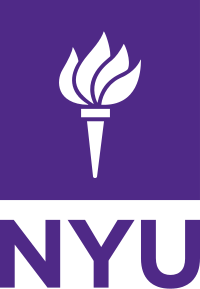Avery, Joshua M., ‘Implementing an Open Source Integrated Library System (ILS) in a Special Focus Institution’, Digital Library Perspectives, 32 (2016), 287
These notes have turned into a list of advice... the start of the article contains a very nice literature review on similar projects, and observations about same.
- A list of ILS selction criteria are listed in Bossels 2008, Muller 2011, Pruett and Choi 2013. Sing and Sanamann 2012 and Yang and Hofmann 2010
- Current literature shows Koha is a better fit for small less complex library systems.
- Opac is highly customizable
- Discussions with local IT began well in advance of migration. A task management system (Asana) was put in place (manage, schedule, track and update stages)
- Knowledge gathering via listserv, chat-boards, weblogs, tutorials, documentation and contacts
- Read online handbook
- Talk to institutions of same size
- Test server allow release and updates to be tested before going live
- Koha implementation check list is available online
- Install than, branches, item types, patron types, collections. Locations and other rules and preferences > then data migration
- Migration means questioning rules, config., etc.
- Data mapping > MARC EDIT USED to edit marc records for import
- 952 = holdings data
- 942 = class and item type
- Data is loaded in batches so carefully label each batch using the comment function in the koha batch upload tool
- Try to keep batches <10,000
- Batch load Circ data via offline circ
- One month before live = final opac customizations and intensive training for staff on new system
- Old system was kept live for 24 months and staff did harvest data from it on occasion.
- Each library’s migration and day to day experience is different.
- Consider formal per and post measures of staff and student satisfaction with the ILS
- Local understanding of the limits of MySQL, CSS, HTML, Linux, Apache and Perl is needed
- Clearly determine who is responsible for which task
- Waive fines and fees
- Have regular meetings with all parties – face to face


